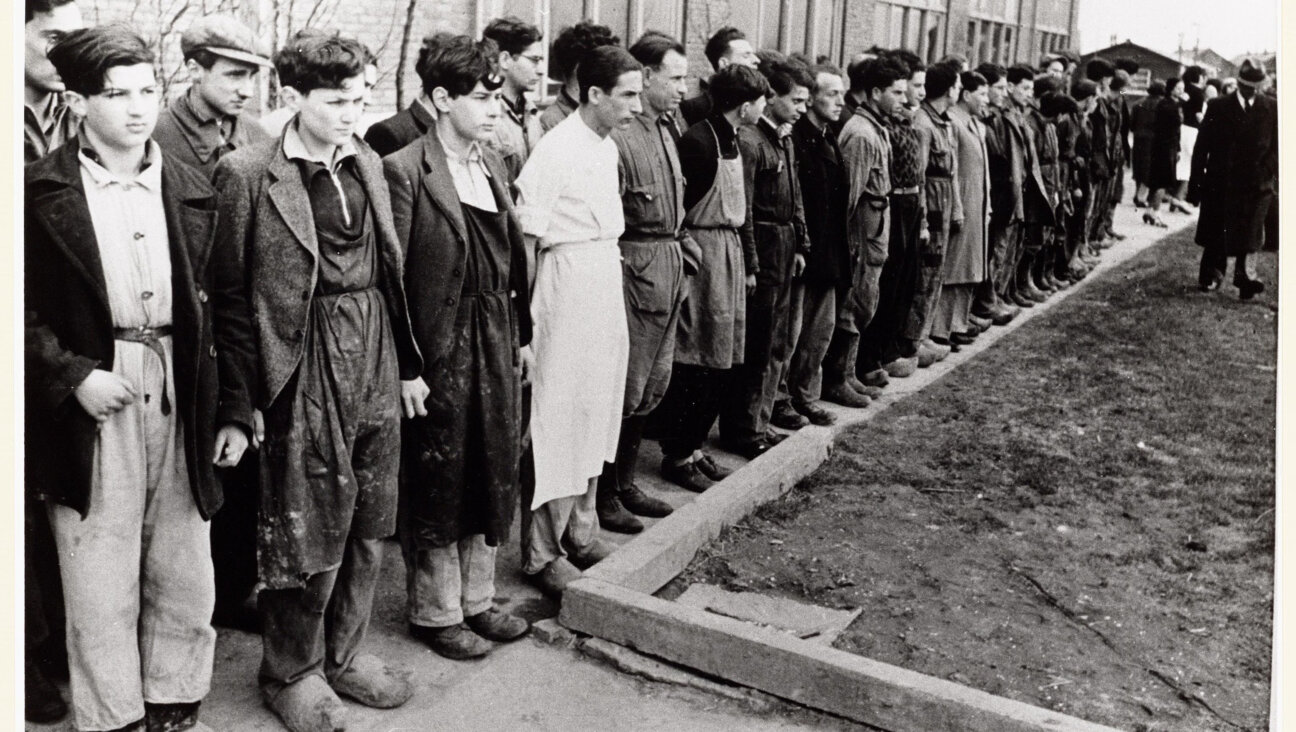Law & Order: Jack Abramoff, Steven Rosen & Keith Weissman
Jack Abramoff
After pleading guilty to three felony counts of mail fraud, tax evasion and conspiracy, disgraced GOP lobbyist Jack Abramoff, 48, walked out of federal court in January wearing a black fedora from a Brooklyn-based haberdasher that caters largely to Orthodox Jews. Some pundits suggested a resemblance to the Godfather, but those with a more nuanced eye noticed an unsettling religious symbolism in his chapeau. Abramoff is a very public Orthodox Jew in terms of his politics and philanthropy. He’s also is the first person whom Democrats should thank for their Election Day gains. After all, federal probes of Abramoff’s doings helped end the political careers of several top Republicans, including Tom DeLay and Ralph Reed, and ultimately to break the party’s grip on Congress. But there’s more. In addition to helping corrupt and undo the Republican Revolution of 1994, Abramoff also has undermined his own dream of a new brand of Jewish politics, based on an alliance with the Christian right. Abramoff once chaired the right-wing Jewish group Toward Tradition, which he promoted as an innovative partnership based on shared biblical values. Now, that partnership is looking more like an old-fashioned political racket. The moralizing wing of the Jewish religious right will have to spend a long time digging its way out of this one.
Steven Rosen and Keith Weissman
Ever since CBS News reported in August 2004 that the feds were investigating the activities of the American Israel Public Affairs Committee, two of the lobby’s top staffers, Steven Rosen and Keith Weissman, have seen their lives turned to hell. Rosen, Aipac’s director of policy, had been a fearsome legend in Washington for decades as the lobby’s mastermind and chief disciplinarian. Weissman was one of the capital’s most respected Iran experts. After being accused of meeting with a Pentagon analyst, receiving classified information and passing it to Israel, the two men suddenly found themselves jobless, reviled in the press as traitors, saddled with huge legal bills and facing long prison terms. Only gradually has it become apparent that the case wasn’t actually about national security, but the Bush administration’s obsessive desire to control information and plug leaks. The two were indicted under the rarely used Espionage Act of 1917, which was intended to stop federal employees from giving out state secrets; never before had it been used to punish civilians who receive the secrets. The audaciousness of the government’s strategy has aroused civil libertarians, human rights activists and freedom-of-the-press advocates. If their trial begins in January, as now scheduled (it’s already been postponed twice), Rosen, 64, and Weissman, 54, are likely to find themselves in the unexpected role of liberal culture heroes.















